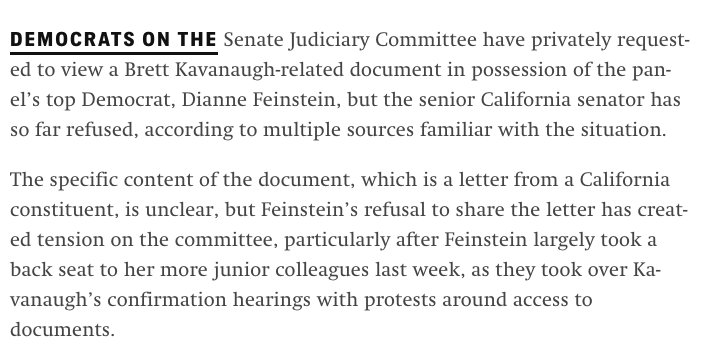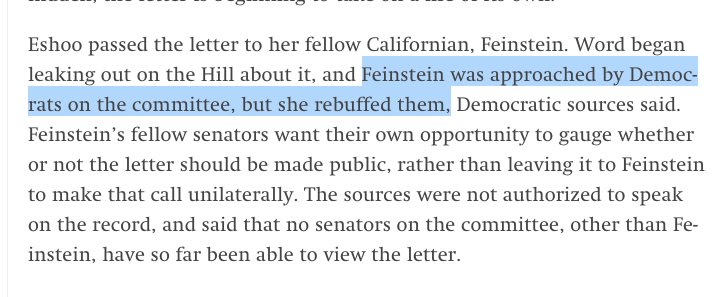When I was trained in criminal investigation, we were taught that criminal investigation is 99% failure. It's certainly not the case that law enforcement/counterintelligence failures are inherently newsworthy.
It's newsworthy if someone dies; if someone is arrested; if someone who green-lit the mission gets fired; if the failure exposes a traitor in our midst; if international laws are violated.
And I think that this was a non-newsworthy story being pumped for political purposes should have been clear to the NYT under the circumstances.
But they *didn't actually do that*.
So you should've been nowhere near this story.
BI has been great on the Trump-Russia investigation from the jump. businessinsider.com/us-spies-paid-…









